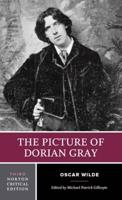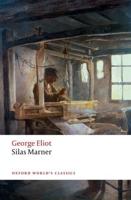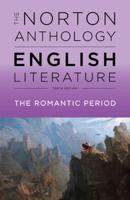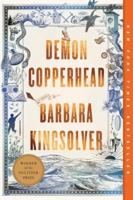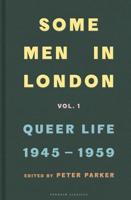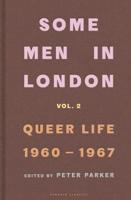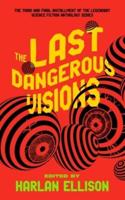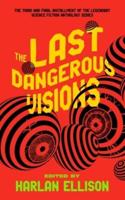Publisher's Synopsis
Since the knowledge of Truth is the sovereign good of human nature, it is natural that in every age she should have many seekers, and those who ventured in quest of her in the dark days of ignorance and superstition amidst the mists and tempests of the sixteenth century often ran counter to the opinions of dominant parties, and fell into the hands of foes who knew no pity. Inasmuch as Theology and Religion are the highest of all studies-the aroma scientiarum-they have attracted the most powerful minds and the subtlest intellects to their elucidation; no other subjects have excited men's minds and aroused their passions as these have done; on account of their unspeakable importance, no other subjects have kindled such heat and strife, or proved themselves more fatal to many of the authors who wrote concerning them. In an evil hour persecutions were resorted to to force consciences, Roman Catholics burning and torturing Protestants, and the latter retaliating and using the same weapons; surely this was, as Bacon wrote, "to bring down the Holy Ghost, instead of the likeness of a dove, in the shape of a vulture or raven; and to set, out of the bark of a Christian Church, a flag of a bark of pirates and assassins." The historian then will not be surprised to find that by far the larger number of Fatal Books deal with these subjects of Theology and Religion, and many of them belong to the stormy period of the Reformation. They met with severe critics in the merciless Inquisition, and sad was the fate of a luckless author who found himself opposed to the opinions of that dread tribunal. There was no appeal from its decisions, and if a taint of heresy, or of what it was pleased to call heresy, was detected in any book, the doom of its author was sealed, and the ingenuity of the age was well-nigh exhausted in devising methods for administering the largest amount of torture before death ended his woes. Tantum religio potuit suadere malorum.

